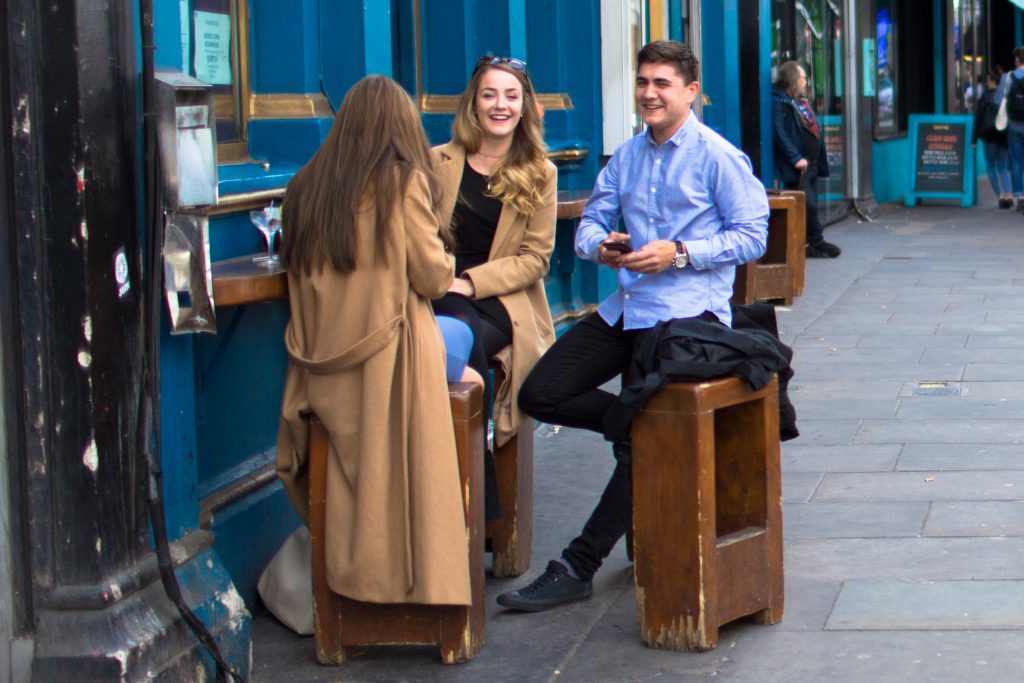CASE STUDY: PUBLIC SECTOR
CLIENT: RESEARCH MAZE
Young people need to develop effective coping mechanisms in order to handle developmental challenges effectively. However, finding age-appropriate, well-managed, accessible mental health services for university students between 18 and 25 years of age is difficult given the obstacles to seeking professional help, including fear of stigmatisation and difficulty trusting others. Students prefer to seek out strategies that will increase their happiness, and gravitate towards technological solutions. We strongly believe that alternative, easily accessible, highly reliable help-seeking resources such as mobile platforms that draw upon emerging technologies like machine learning and AR/VR are needed.
Existing sources and content generally only cover limited aspects of well-being, and focus on physical well-being rather than psychological well-being. Moreover, they cannot be considered global, as they are designed to be used by young people in one specific country.
Existing well-being programs and services on the market can be divided into two categories: traditional (e.g., on-campus counselling services), and technology- and internet-based programs and applications. The majority of universities have on-campus counselling centres. However, few students are willing to seek help from these centres due to fears and concerns. They are more willing to use ICT-based products because of the anonymity they provide. However, inefficient, unsupportive platforms designed without considering users’ preferences, needs and specific circumstances have not taken off. People-centred design must achieve “personalisation,” taking each person’s distinct needs into consideration.

OUTCOME AND IMPACT
Determining exactly how much a university student would pay for mental health services when needed is not easy, given that on-campus counselling services are generally free of charge and mental health expenses may not be covered by insurance. However, Public Health England said that, in 2015, local authorities spent €52 million on mental health services in the UK alone. Moreover, WHO’s Global Mental Health Atlas 2011 estimated median per capita mental health expenditures at €1.45, with large variation among income groups, ranging from €0.18 in low-income countries to €40 in high-income countries. Globally, 67% of mental health resources are directed towards mental hospitals. We expect the size of the market to expand and costs to significantly decrease as a result of our study on providing user-centred design solutions.


